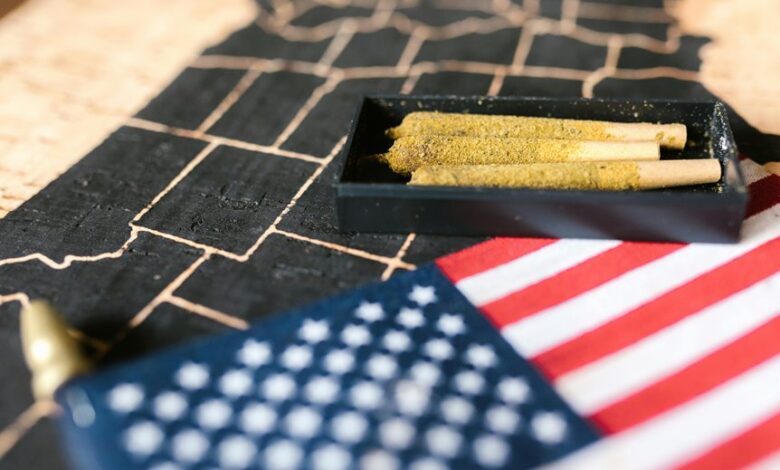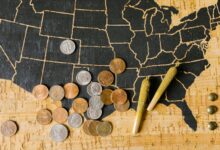Is Cbd Legal in All States

The legal status of CBD varies significantly across the United States. Following the 2018 Farm Bill, which legalized hemp cultivation, states enacted diverse regulations. Some states embraced CBD's legality, while others imposed strict limitations. This patchwork of laws creates uncertainty for consumers and businesses alike. Understanding the intricacies of each state's regulations is crucial, yet many remain unaware of the specific implications. What factors contribute to these legal discrepancies?
Overview of the 2018 Farm Bill and Its Impact on CBD Legality
The passage of the 2018 Farm Bill marked a significant turning point in the legal landscape surrounding cannabidiol (CBD) in the United States.
It legalized hemp cultivation, thereby altering the regulatory framework governing CBD products.
The farm bill implications allowed for the broader distribution and commercialization of CBD, fostering an environment where consumers could access hemp-derived products with greater legal assurance and fewer restrictions.
State-by-State Breakdown of CBD Laws
Following the legalization of hemp cultivation under the 2018 Farm Bill, a complex patchwork of state laws has emerged regarding CBD.
Each state has distinct CBD regulations, often reflecting local attitudes toward cannabis products. While some states embrace broad legalization, others maintain stringent restrictions.
This diversity creates a challenging environment for consumers and businesses seeking clarity on the legality of CBD across the United States.
Common Misconceptions About CBD Legality
How do common misconceptions about CBD legality contribute to public confusion?
CBD myths, such as the belief that all CBD is illegal or that it causes intoxication, perpetuate legal confusion. These inaccuracies can inhibit informed decision-making and hinder access to potential benefits.
Understanding the nuanced legal landscape surrounding CBD is essential for individuals seeking to navigate their rights and freedoms regarding this substance.
Future Trends in CBD Regulation Across the U.S
As the landscape of CBD regulation continues to evolve, stakeholders across the U.S. are increasingly focused on potential future trends that could shape the industry.
Future predictions indicate a push for standardized regulations, enhancing product safety and consumer trust.
However, regulatory challenges persist, with varying state laws complicating compliance.
The outcome will significantly influence market dynamics and consumer access to CBD products nationwide.
Conclusion
In conclusion, while the 2018 Farm Bill opened the door for CBD legalization, the resulting state-by-state regulations create a legal labyrinth for consumers and businesses alike. Navigating this intricate web requires vigilance and awareness, as understanding local laws is crucial to avoid potential pitfalls. As the landscape of CBD regulation continues to evolve, stakeholders must remain informed to adapt to the shifting tides of legality, ensuring they do not become lost in the fog of confusion surrounding CBD products.






